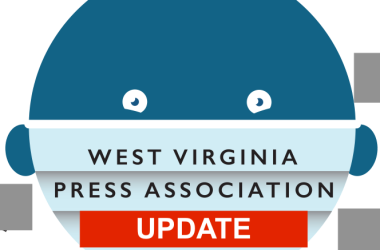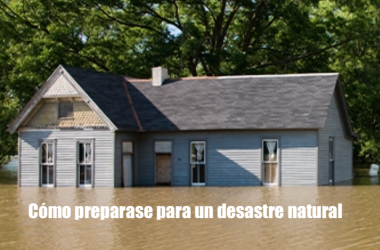By WENDY HOLDREN
The Register-Herald
BECKLEY, W.Va. — Between net premiums and increased out-of-pocket costs, West Virginians currently enrolled for health coverage through the marketplace would see an average increase of $6,100 under the new Republican-proposed replacement plan.
The American Health Care Act (AHCA) is slated for a vote today in the U.S. House, but many health care experts argue the bill could impact seniors, women and thousands of Americans suffering from substance use disorder.
Seniors
Nearly 39 percent of West Virginia’s enrollees in the 2017 marketplace are 55 and older — the highest percentage in the nation.
Enrollees in this age bracket in the health care marketplace are expected to see the greatest changes as Congress works to replace the Affordable Care Act (Obamacare) with the American Health Care Act (AHCA).
Older enrollees will be impacted in two ways: through smaller tax credits and because the bill allows insurers to charge more as people age.
In southern West Virginia, the percentage of older enrollees is even higher than the state average — Fayette and Wyoming counties have 39.4 percent of enrollees 55 or older; Greenbrier and Summers counties have 39.8 percent; Raleigh has 41.2 percent; and Monroe and Nicholas counties have 43 and 43.6 percent, respectively.
Under the AHCA, a 60-year-old West Virginian with a $20,000 income would receive an average of $9,160 less in tax credits. Even with an income of $50,000, the same 60-year-old West Virginian could expect $5,000 less in tax credits than with Obamacare.
“They have taken a bill that was not really affordable for anyone making over 250 percent of the federal poverty level and made it more unaffordable,” said Doris Selko, southern regional coordinator for West Virginians for Affordable Health Care.
“There is no help with deductibles or co-pays and it does nothing to bring down the cost of prescription drugs.”
Even worse, Selko said, the bill will destroy Medicaid in West Virginia.
“More than 500,000 West Virginians depend on Medicaid, and making it a block grant rather than a payment-for-care ratio will mean cuts in both the expansion and traditional Medicaid populations. This bill is not good for West Virginians and we must let our Congressional delegation know.”
Women
Debra L. Ness, president of the National Partnership for Women & Families, shared her concerns on a conference call Tuesday about the potential loss of essential health benefits under the new plan.
Essential health benefits, as established under Obamacare, requires insurers to provide coverage for “essential” services, such as ambulatory care, pediatrics, pregnancy and maternal care, and preventive services.
“For many, it was the first time they had a guarantee their plan would cover all 10 of those areas,” Ness said.
She said these benefits are especially important for women who need maternity care.
“Prior to the ACA, most plans on the individual market did not cover maternity services at all. Only 12 percent of plans offered maternity coverage.”
Coverage of such services is especially important, Ness said, considering the average cost of a private insurance birth is $21,000.
She said the AHCA changes standards for coverage, meaning out of pocket costs, such as co-pays or deductibles could be changed.
The Center on Budget and Policy Priorities reports the House bill repeals, without any substitute, the ACA’s cost-sharing subsidies. These subsidies reduce out-of-pocket costs for people with incomes below 250 percent of the federal poverty line — roughly $30,000 for a single person or $60,000 for a family of four.
Currently, 60 percent of marketplace consumers qualify for such subsidies. But without them, average deductibles would increase by hundreds or even thousands of dollars.
The ACHA also increases deductibles and other out-of-pocket costs for people with incomes above 250 percent of the poverty line, who don’t get cost-sharing subsidies under the ACA.
Overall, the House bill increases out-of-pocket costs by an average of $1,200 for current HealthCare.gov state marketplace consumers.
Substance use disorder
“The bottom line for people with substance use disorders is that the AHCA would undermine efforts to address those problems,” said Alice Dembner, director of the substance use disorders project Community Catalyst.
The AHCA would repeal Medicaid expansion, which allowed more than 1.3 million Americans to get treatment for substance use disorders and mental illnesses.
A January study conducted by Harvard Medical School and New York University said more than 214,000 West Virginians suffering from addiction or mental illness would lose access to health care services.
Dembner said the House version of the bill reverts the U.S. back to a time when states didn’t cover any treatment services aside from detoxification.
“That’s like only covering the first week of chemotherapy for a cancer patient,” she said. “It’s a tragedy we’re doing this during a national crisis that killed 30,000 people last year.”
She said most people with substance use disorder need a wide range of services, such as in-patient treatment, therapy, medications to counteract the effects of opioids and long-term recovery services.
“If we’re talking about detox only, we’re in trouble.”
See more from The Register-Herald




